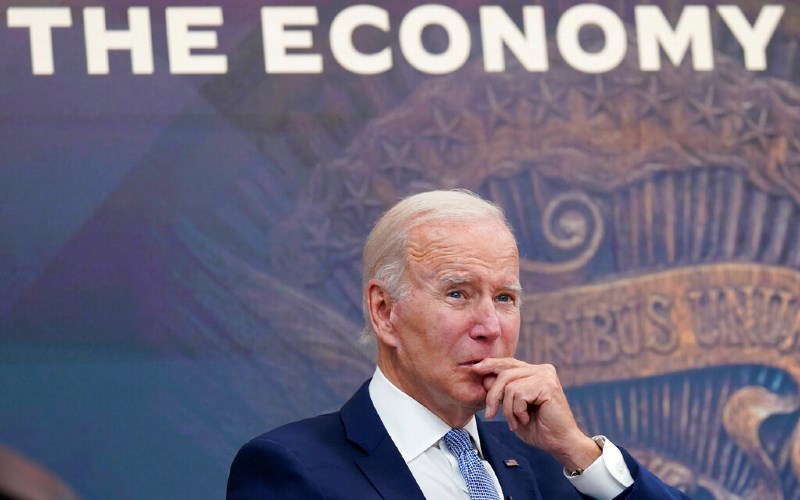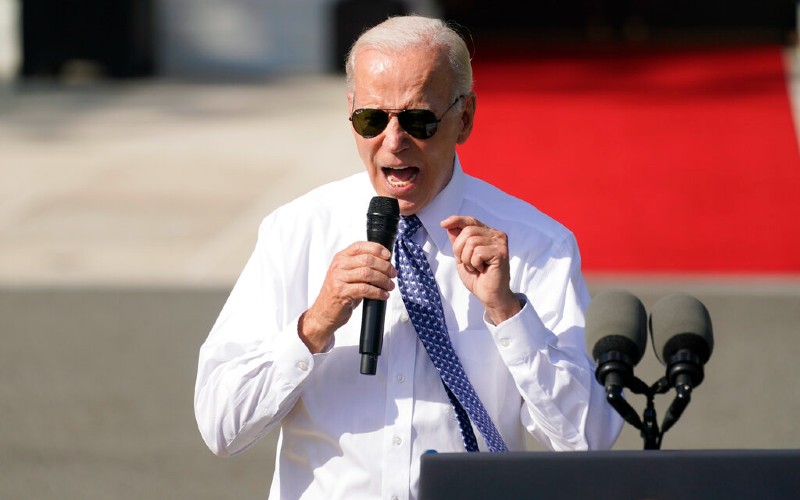The U.S. Bureau of Labor Statistics (BLS) has announced 263,000 jobs were filled in September, when groups like MarketWatch expected at least 275,000. Meanwhile, unemployment fell slightly to 3.5%, and the labor force participation rate changed little, going from 62.4% to 62.3%.

"I think that what it shows is that the jobs market continues to cool along with the temperature as we go into the fall," responds Elaine Parker, chief communications officer of the Job Creators Network (JCN). "Real wages continue to decrease, and, of course, reducing living standards is making it harder and harder for people to get ahead."
Speaking in Maryland Friday, President Biden claimed that things are going well.
"This recovery has been the fastest increase of people re-entering the workforce of any modern economic recovery," he said.
Parker, however, calls that gas lighting, adding the jobs numbers "follow a string of poor economic indicators as we head into the final stretch of the election season."
For example, she points to initial jobless claims rising more last week than what was forecast. The Labor Department also announced a 10% significant contraction to the amount of national job openings.
"Gas prices are starting to skyrocket again on the news that OPEC is going to constrain supply by two million barrels per day, and the stock market had its worst September in 20 years," the JCN spokeswoman continues. "So, I understand why the president wants to put lipstick on this pig, but the American people are not buying it when they go to the grocery store and fill up their car at the gas station."

In other news, the nation's gross national debt surpassed $31 trillion last week, when AFN relayed the warnings of The Heritage Foundation's David Ditch, who said, "The longer they wait, the longer they keep kicking the can down the road, the harder the solutions become."
Since it is one thing to complain about a problem and another to try to solve it, The Heritage Foundation proposes a Budget Blueprint for Fiscal Year 2023.
"We have over 200 policy proposals -- a mix of eliminating wasteful and frankly corrupt spending, getting rid of some of the improper tax loopholes that are still in place, and reforming certain programs that no one wants to eliminate but where the spending is growing much faster than the economy," he details.
He tells AFN that enacting the reforms would not reduce spending, but it would slow the growth of those programs. So, Social Security and Medicare, for example, will "still be there 20 years from now rather than going bankrupt."







